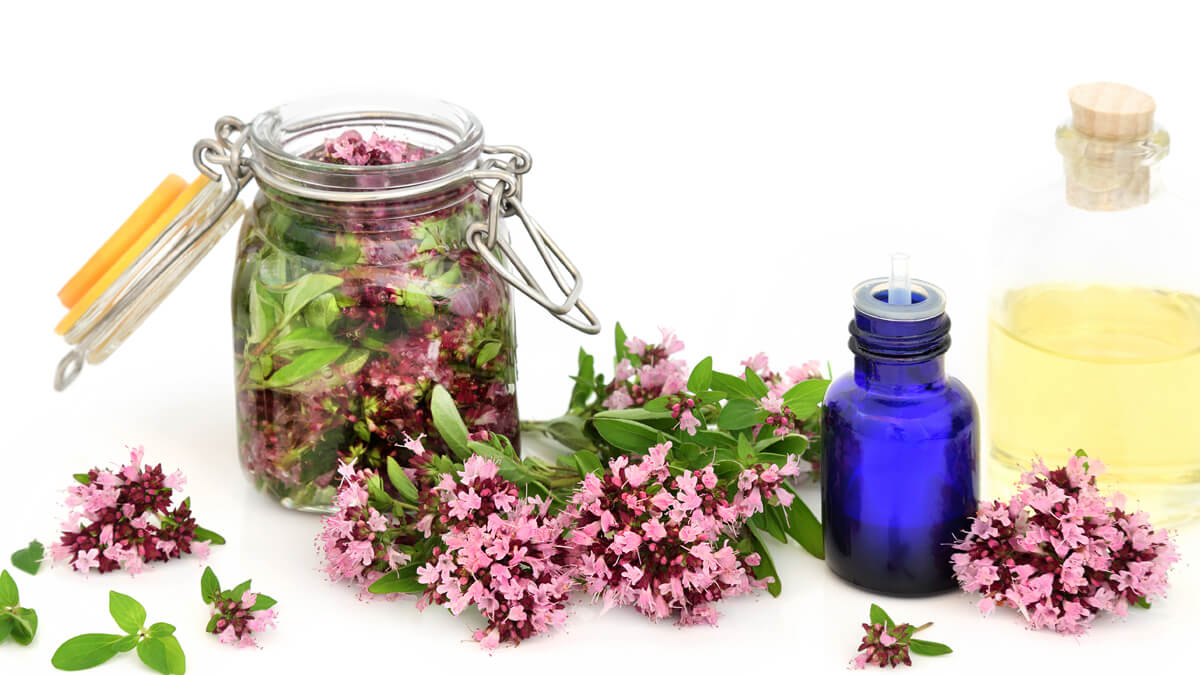By early 2020, longtime Botanist April Punsalan had already spent more than 20 years studying the use of plants in healing but wanted to impart her knowledge and experience to a wider range of people.
So at the height of the COVID-19 pandemic, she founded and opened the Yahola Herbal School in Charleston – not only to teach students the health value of plants as an alternative to medicinal drugs but to show how many everyday plants can be used to add years to your life.
“I offer Botanical Medicine Movement twice per year and have 10 to 15 students per session,” Punsalan said. “I teach students how to make medicine and food with the plants that grow right underneath their feet or within two miles of their doorstep.”
Part of her instruction focuses on utilizing plants to gain more daily energy, slow the aging process and prevent all forms of illness and disease, especially by eating certain plants in season.
“In the spring, many of the wild herbs, such as violets, chickweed and cleavers, help build and cleanse the blood after the winter when the body needs to detoxify,” Punsalan said. “And I teach students about the importance of many different kinds of herbs and plants.”
For example, consider the value of hawthorn and mulberry, two of the plants studied in courses at Yahola.
Hawthorn berries are loaded with vitamin C, beta carotene, B vitamins, pectin, minerals and organic acids that support the circulatory system and protect against heart disease. And Mulberry leaves are so full of minerals and vitamins that its plant is known as the anti-aging tree.
Punsalan said if you have never made cleaver and mulberry part of your regular diet, it is never too late to start.
“But it is important to realize that not just one or two miracle plants make for good health,” she said. “Foraging a vast array of plants and eating the rainbow is the key to longevity.”
To this end, Yahola offers instruction in these six modules of plant courses:
Module 1: Botany, ferns, gymnosperms, plant intuitive medicine, infusions and decoctions and herbs for the urinary system.
Module 2: Magnolia, bay, lizard’s tail family, herbs for the respiratory and immune system and herbal vinegars.
Module 3: Herbs for the digestive system, tinctures and the mint and carrot family.
Module 4: Herbs for the nervous system, salves and infused oils and the aster and rose family.
Module 5 (Bonus): Herbs for the circulatory system and flower essences.
Module 6: Herbs for women, men, the liver and steam distillation.
Along the way, students receive materials that include a free Forage Now course and more than 30 peer-reviewed journal articles that review medicinal plant families in-depth.
Upon course completion, students receive a community herbalist certificate.
Punsalan stressed that the most important thing about Yahola is not the certificate but the knowledge: to learn which plants are best for your body, where you can forage for them and how you can best use them to stay healthy and far outlive all conventional expectations.
“Through Yahola, I want students to know how to incorporate herbs to support their digestive, circulatory, respiratory, liver and reproductive systems,” Punsalan said. “And I want to create a paradigm shift in America where foraging food and medicine is the norm, and where people turn to local plants first for healing before going to the drugstore.”
By L. C. Leach III
